A Damascus knife is a thing of beauty. The intricate pattern created by swirling layers of steel is unlike any other. But even the most beautiful knives need some basic care and maintenance to keep them looking their best.
One common problem faced by Damascus knife owners is rust. Learning how to get rust off a Damascus steel knife is key to preserving its legacy of distinctive beauty and exceptional craftsmanship.
These knives, originating from the ancient Syrian city of Damascus, are more than just kitchen tools; they are pieces of history in your hands. Fortunately, it's easy to remove rust from your knife with just a few simple household items.
Famed for its skilled blacksmiths, Damascus has been a symbol of artistry and quality for centuries. A technique developed over a thousand years ago with wootz steel bestows each knife with not only its unique fingerprint of the distinctive Damascus pattern, but also superior strength and durability.
Table of Contents:
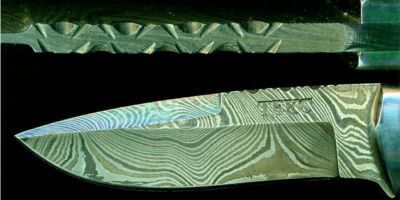
Incredible Damascus Knives
The strength and sharpness of Damascus knives are unparalleled, primarily due to the high carbon content in the steel. Carbon plays a crucial role in enhancing the hardness of the blade, allowing for a sharper and more durable edge.
This superior edge retention makes Damascus knives highly prized among chefs and knife enthusiasts alike. The ability of carbon steel in these knives to maintain a sharp edge over extended use is a testament to the expertise and precision involved in their creation.
However, the high carbon content that imparts these desirable qualities also makes Damascus steel more susceptible to rust compared to stainless steel. Rust occurs when the high carbon steel reacts with oxygen and moisture, leading to oxidation.
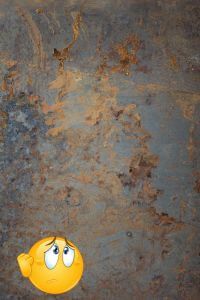
This vulnerability necessitates regular maintenance to prevent rust and corrosion. Unlike stainless steel, which is more forgiving, Damascus steel requires a certain level of commitment to upkeep. Its maintenance is a small tribute to the rich history and craftsmanship that each Damascus knife embodies.
Understanding this inherent characteristic of forged Damascus steel is essential for any owner to ensure that their knife remains both a functional tool and a work of art.
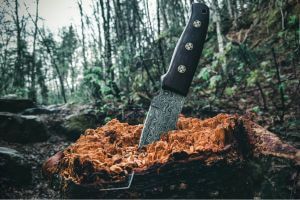
The Importance of Maintaining Damascus Knives
Regular maintenance is not just a recommendation but a necessity when it comes to preserving the quality and longevity of Damascus knives. These knives are more than just cutting tools; they are a blend of tradition, art, and engineering.
Without proper care, the unique attributes that make Damascus knives so valuable can quickly deteriorate. Regular cleaning, drying, and oiling are essential practices to keep these knives in optimal condition. Such maintenance ensures that the intricate patterns and sharp edges that Damascus knives are known for remain intact over time.
The impact of rust on a Damascus knife is twofold, affecting both its functionality and appearance. Functionally, rust can degrade the sharpness of the blade, making the knife less efficient and more difficult to use.
It can also create uneven surfaces on the blade, compromising the knife's precision in cutting. Aesthetically, rust can obscure the distinctive wavy patterns of the Damascus steel, diminishing the visual allure that makes these knives so unique and sought after.
In severe cases, rust can lead to pitting and structural weaknesses in the blade, which are difficult, if not impossible, to repair.
Ensuring that your Damascus knife is well-maintained is a way to honor the skill and time invested in its creation, and to ensure that this investment retains its value and functionality for years to come.
Recognizing this common challenge faced by Damascus knife owners, below is a simple yet effective method to remove rust that we've found. This approach, requiring only a few household items, will not only restore your hand-forged Damascus blades' pristine appearance but also ensure their longevity and functionality.
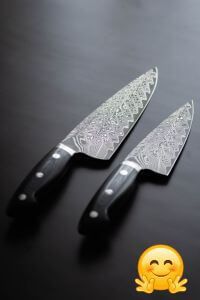
Step-by-Step Guide to Removing Rust from Damascus Knives
Step One: Soaking in Vinegar
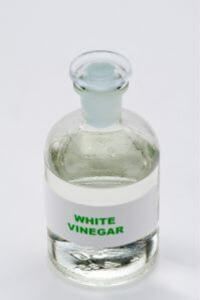
Soaking the Damascus knife in white vinegar is the first critical step in the rust removal process. Vinegar, a mild acid, works effectively to dissolve rust (iron oxide) without harming the underlying metal. The acetic acid in the vinegar reacts with the rust to form soluble iron acetate, which can then be easily washed away.
The duration of the soak should be tailored to the extent of rusting: for light rust, 30 minutes may suffice, but for more severe cases, a few hours or even overnight might be necessary. It's essential to monitor the knife during this process to ensure the vinegar does not start to affect the steel itself.
Step Two: Scrubbing with a Brush
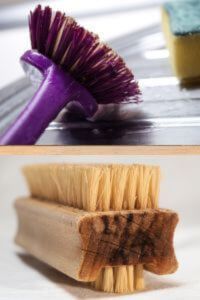
After the vinegar soak, the next step involves scrubbing the knife with a soft-bristled brush. Brushes like nylon or natural fiber toothbrushes are ideal as they are abrasive enough to scrub off the rust without scratching the delicate pattern of the Damascus blade.
The scrubbing technique should be gentle and done under running water to help wash away the loosened rust particles. It's important to scrub in the direction of the blade's grain to avoid damaging its finish. Pay special attention to crevices and the edge of the blade where rust can easily accumulate.
Step Three: Rinsing with Distilled Water

Once the rust has been scrubbed off, rinsing the knife with distilled water is crucial. Distilled water is preferred over tap water because it is free from minerals that could deposit on the steel blade, and cause further corrosion.
Rinse the knife thoroughly to ensure all vinegar and rust residues are removed. After rinsing, it's imperative to dry the knife immediately and thoroughly. Moisture is the primary cause of rust, so proper drying is essential.
Use a soft, lint-free cloth to dry the blade and handle. Ensure the knife is completely dry before storing or using it again. This step not only prevents immediate rust from forming but also contributes to the long-term care of the Damascus knife.
By following these detailed steps, you can effectively remove rust from your Damascus knife, preserving both its functionality and its exquisite appearance.
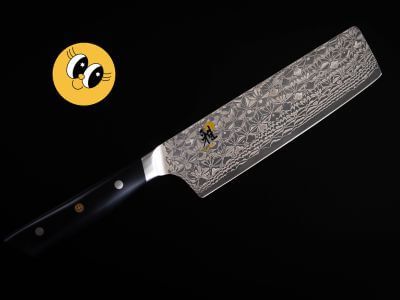
Prevention of Rust and Corrosion
We can even add a Step 4 to our recipe for removing rust, and that is prevention.
After your Damascus steel knife is clean and rust-free, it’s crucial to protect it from future corrosion. A simple yet effective way to do this is by applying a thin layer of oil or wax. For oil, food-safe mineral oil is an excellent choice; it's non-toxic, odorless, and won't go rancid.
Apply a small amount of oil to a soft, lint-free cloth and gently rub it over the entire blade, ensuring even coverage. For a more long-lasting solution, consider using a specialized knife wax, which provides a durable protective coating.
Renaissance Wax is highly recommended for its ability to shield metal from moisture while preserving its aesthetic appeal. Apply the wax with a clean cloth, let it set for a few minutes, then buff gently to a shine.
This barrier not only prevents rust but also keeps the unique patterns of your Damascus knife vibrant and clear. Regular application of oil or wax after each cleaning will significantly extend the life and beauty of your knife."
?? FAQ Section ??

How often should Damascus steel kitchen knives be sharpened?
For sharpening these beautiful knives, please read our recently upgraded article Sharpening Damascus Knives at Home for detailed information about keeping your knives on the cutting edge!
How can I tell if my Damascus steel blade is starting to rust?
Look for any discoloration, reddish-brown spots, or pitting on the blade, which are early signs of rust formation.
Can rust on a Damascus knife be fully removed?
Yes, most surface rust can be removed using methods like vinegar soaking and gentle scrubbing, restoring the knife's appearance and functionality.
How often should I oil my Damascus knife to prevent rust?
It's best to oil your Damascus knife after each use or cleaning, but at a minimum, oil it every few months to prevent rust.
What is the best oil to use on Damascus blades for rust prevention?
Food-safe mineral oil is ideal for Damascus knives; it's non-toxic, clear, and effectively prevents rust without affecting the blade's quality.

In conclusion, with just a little bit of care and maintenance, you can keep your Damascus knife, both the blade and the handle, looking like new for years to come! Following these simple steps will help you remove rust quickly and easily, without damaging your knife.
Want to own a beautiful set of Damascus kitchen knives but don't know where to begin? Check out our blog reviewing beautiful Damascus Knives for your kitchen.
Thanks for stopping by our bee hive and reading up on keeping your beautiful Damascus kitchen knives in tip top shape! We have other articles on Damascus knives you might like to check on at www.bertiesbuzz.com. See you there!

Bertie
Before you leave, if you haven't already done so, please subscribe so you will be the first to see reviews you can rely on.







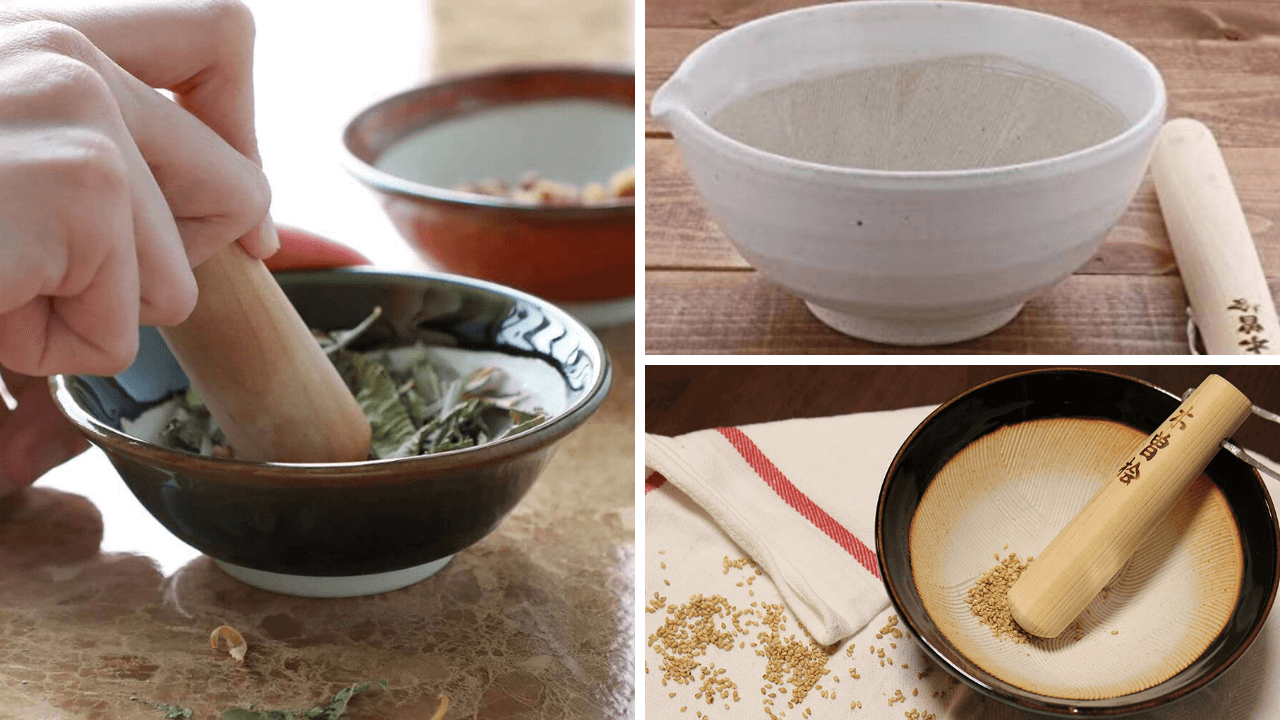

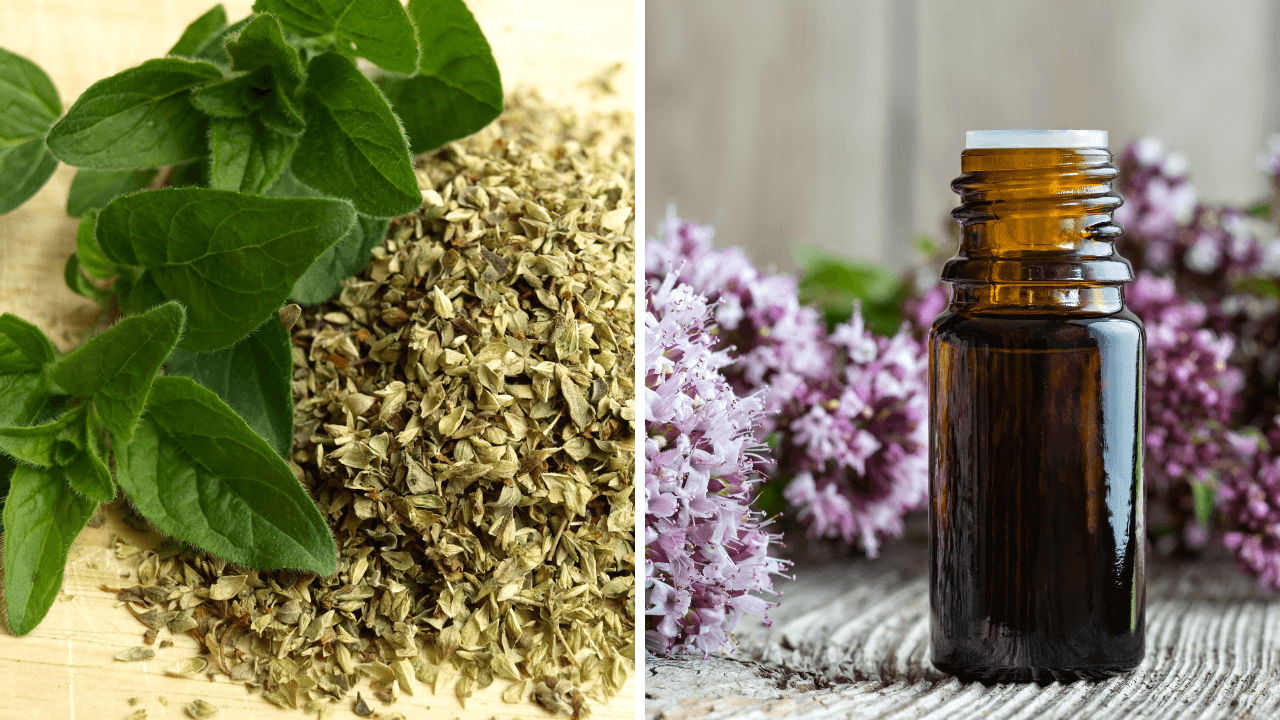
Member discussion